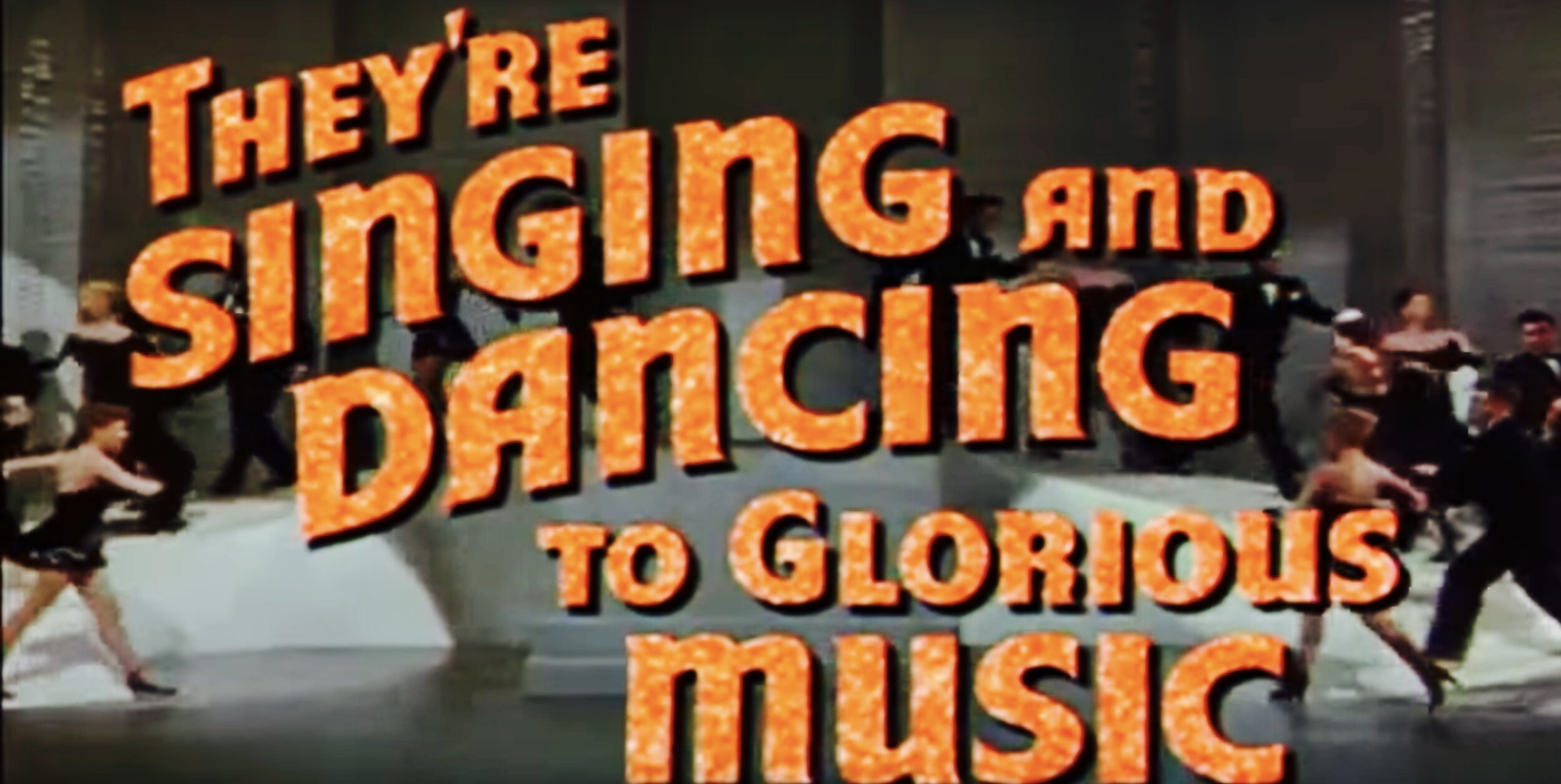I wasn’t looking for trouble when I decided to supplant my nine-month investigation of opera with the study of musicals as a new quarantine diversion. I merely intended to address another embarrassing blind spot in my self-directed education in as many forms of music as possible. An avalanche of overt racism and sexism immediately overwhelmed me.
Unlike the cheerless soldiers in the vast army of keyboard warriors, I’m not among the perpetually aggrieved people prone to daily rants about injustices. Yet an acknowledgement- if not a proper reckoning- of the deeply troubling aspects of vintage musicals must be made.
Much of the offensive material reflects the institutional sensibilities of the times. In other instances, racial, ethnic and gender stereotypes are deliberately played for laughs. I don’t know which type of misdeed is more troubling. And don’t even get me started on the repulsive sight of Fred Astaire in blackface.
Five favorite musicals I recently watched for the first time are listed below. My appreciation of each work comes in spite of its objectionable elements. Other takeaways:
*I was aware big bands were once at the vanguard of popular music. Yet seeing jazz depicted as the subversive music of rebellious youth in musicals of the ‘30s and ‘40s was a revelation.
*Frank Sinatra sure could sing.
*Gene Kelly almost makes me enjoy tap dancing.
*The humor of vaudeville comics didn’t translate to the big screen.
*The stifled tone of early musicals reveals why the R&B and rock revolutions were inevitable.
1. "Flower Drum Song" (1961)
I’d never been exposed to any of these Rodgers and Hammerstein songs. The soundtrack may be as good as “The Sound of Music” and “The King and I.” Favorite song: “A Hundred Million Miracles”
2. "Man of La Mancha" (1972)
Peter O’Toole, Sophia Loren and James Coco warble through the Spanish Inquisition. Favorite song: “The Impossible Dream”
3. "Cabaret" (1972)
A chillingly relevant examination of the fall of the Weimar Republic. Favorite song: “If You Could See Her”
4. "Bells Are Ringing" (1960)
Judy Holliday is spectacular. Favorite song: "Just in Time"
5. "Summer Stock" (1950)
The frazzled but magnificent Judy Garland redeems the generic offering. Favorite song: “Friendly Star”


